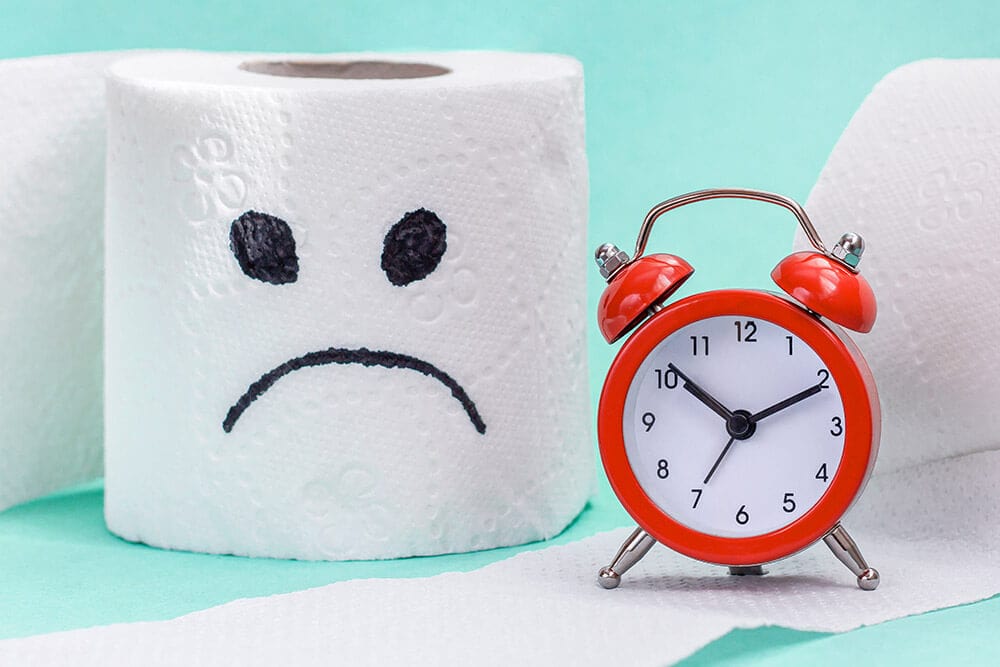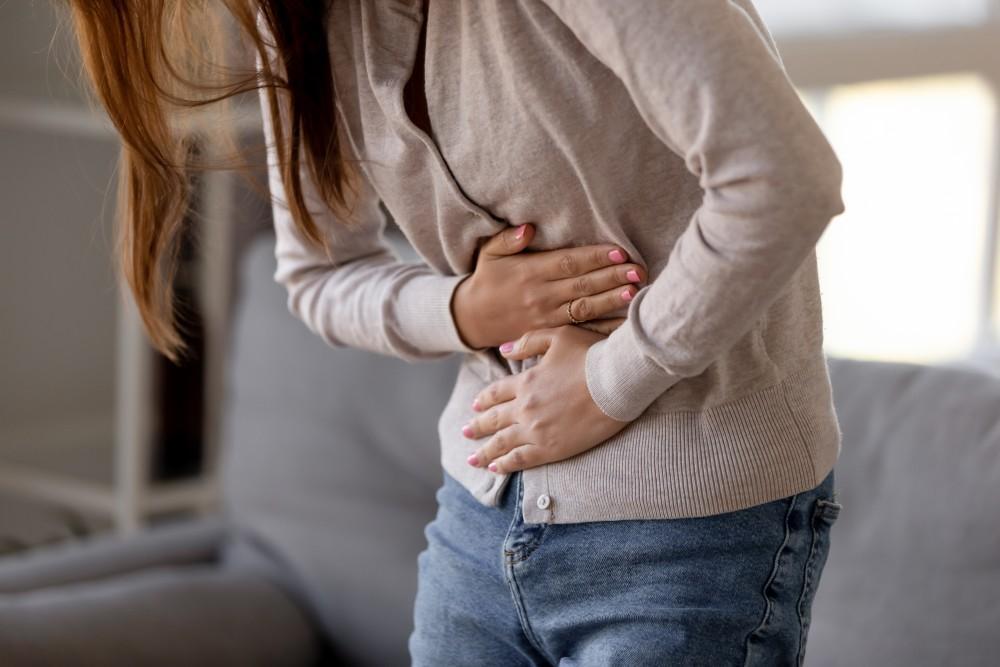Expert Treatment for Diseases of Stomach And Duodenum by Dr. Bharat Pothuri
Dr. Pothuri uses a comprehensive, step-by-step approach:
Medical History and Physical Exam
He reviews the onset and pattern of your epigastric pain, diet and medication use (NSAIDs, alcohol), smoking history, stress factors and family history of digestive disorders.
Laboratory Tests
Basic blood work checks for anemia, inflammation and rules out liver or pancreatic causes of upper-abdominal pain.
Non-Invasive H. pylori Testing
- Urea breath test detects active H. pylori infection.
- Stool antigen test confirms the presence of bacterial antigens.
Upper Endoscopy (EGD)
A thin, flexible camera examines the stomach and duodenum directly. Biopsies can be taken to identify gastritis, duodenitis or peptic ulcers.
Imaging Studies
- Abdominal ultrasound screens for gallstones, pancreatitis or fluid collections.
- CT scan provides detailed images when complications or alternative diagnoses are suspected.
Advanced Testing (if needed)
In select cases, tissue biopsy during endoscopy or specialized motility studies clarify complex or refractory conditions.

Frequently Asked Questions
What are common stomach and duodenal diseases?
Conditions include gastritis, peptic ulcers, duodenal ulcers, Helicobacter pylori infection, and gastroparesis.
What causes peptic ulcers?
Most ulcers result from H. pylori infection or long-term use of NSAIDs like ibuprofen. Stress and spicy foods may worsen symptoms.
How are these diseases diagnosed?
Diagnosis often uses endoscopy, H. pylori breath or stool tests, barium swallow X-rays, and blood work to check for anemia or infection.
What treatments exist?
Treatment may include proton pump inhibitors, H. pylori eradication therapy, dietary changes, and in severe cases, endoscopic or surgical intervention.
Can diet prevent ulcers?
Avoiding irritants (alcohol, caffeine, spicy foods) and eating small, frequent meals can reduce acid exposure and support healing.
What is gastroparesis?
Gastroparesis is delayed stomach emptying, causing nausea, bloating, and early satiety. It's often linked to diabetes or certain medications.
When should I see a gastroenterologist?
Consult if you have recurrent stomach pain, bleeding (black or bloody stools), severe nausea, or unintentional weight loss.
Are ulcers dangerous?
If untreated, ulcers can bleed, perforate the stomach or duodenum, and lead to peritonitis-a serious, life-threatening infection.












